Tin in Fuel Cells
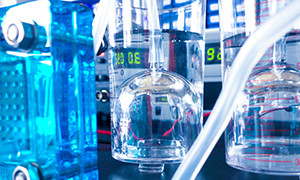

Low-cost tin catalyst discovered for hydrogen cells
The world needs to move towards a greener future, using fewer fossil fuels. Part of that future may be powered by hydrogen but the technology to do so must be cost-effective and durable. New research highlights tin as 'promising alternative' for cheaper hydrogen fuel...
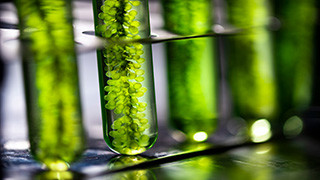
Tin makes electricity from algae
Research by a team from Firat University, Turkey has shown that tin coated copper can generate electricity from algae using a 'multi-anode sediment microbial fuel cell' (SMFC). The fuel cell recorded a high-power density of 2,965mW/m2 - the highest power density...
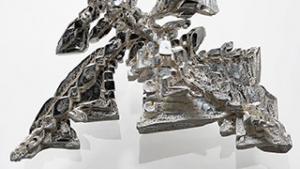
Tin crystals make fuel cells cheaper
Scientists at Ariel University, Israel have shown that layers of tin crystals can be used to make fuel cells cheaper by using less platinum or palladium catalyst per unit mass. In a recent patent application Ariel Scientific Innovations, the technology transfer office...
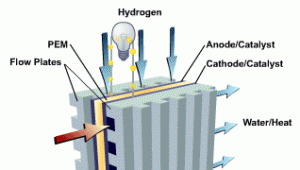
Researchers report ‘remarkable’ tin phosphate material for fuel cells
Researchers from Changzhou University, China and Pennsylvania State University, US have reported a 'remarkable' novel tin phosphate gel material that performs well in fuel cells, and can also be a fast-charging lithium ion battery anode. Tin phosphate is a leading...
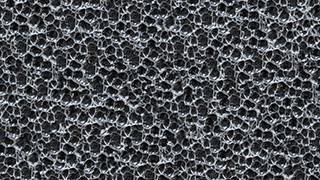
Sumitomo patents tin-nickel in fuel cells for electric vehicles
Sumitomo have patented the use of tin-nickel alloys in fuel cells that convert methane or hydrogen to electricity for electric vehicles. These 'Celmet' porous metal alloys have a high corrosion resistance and can be used in fuel cells as the electrode and gas...
